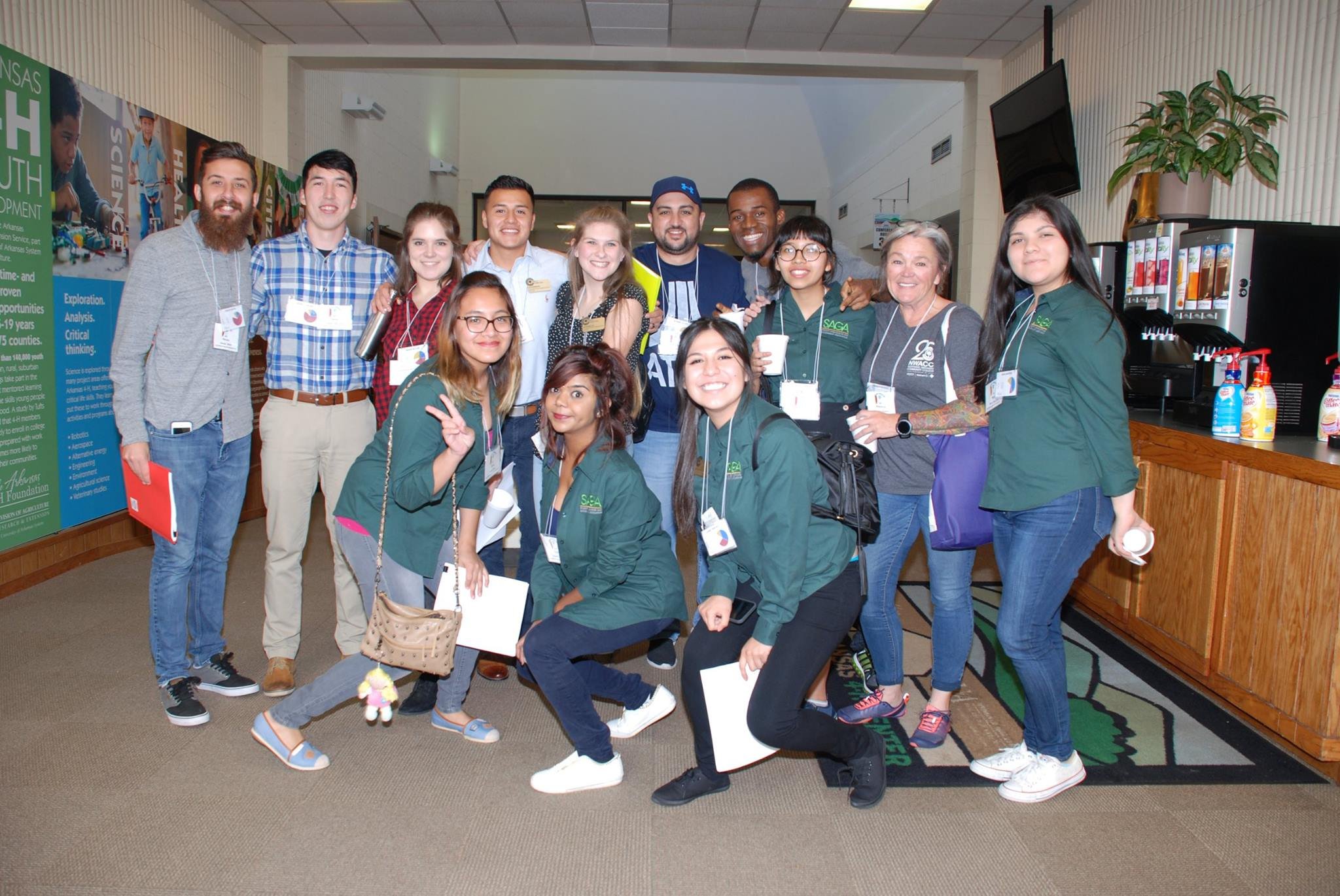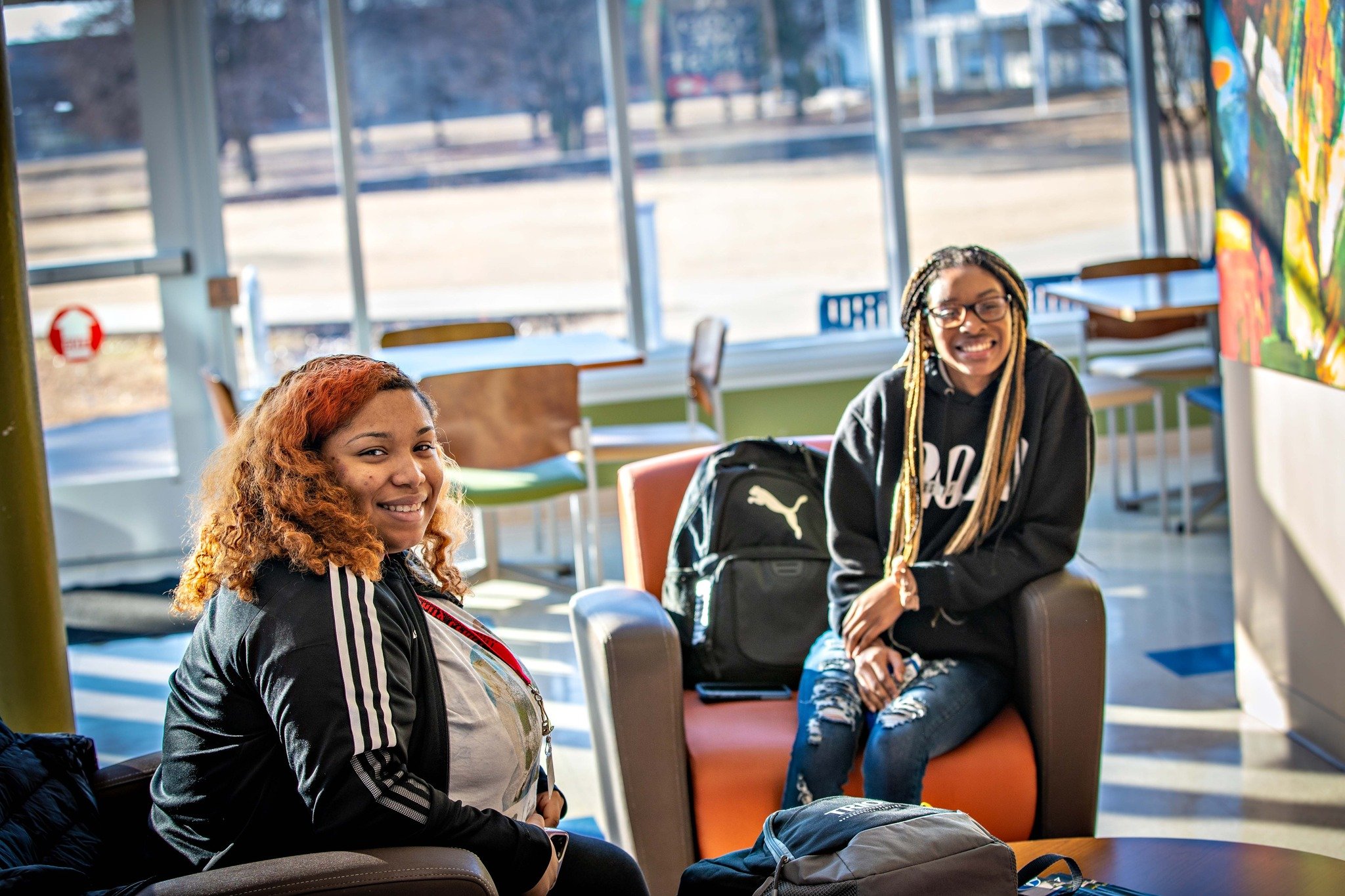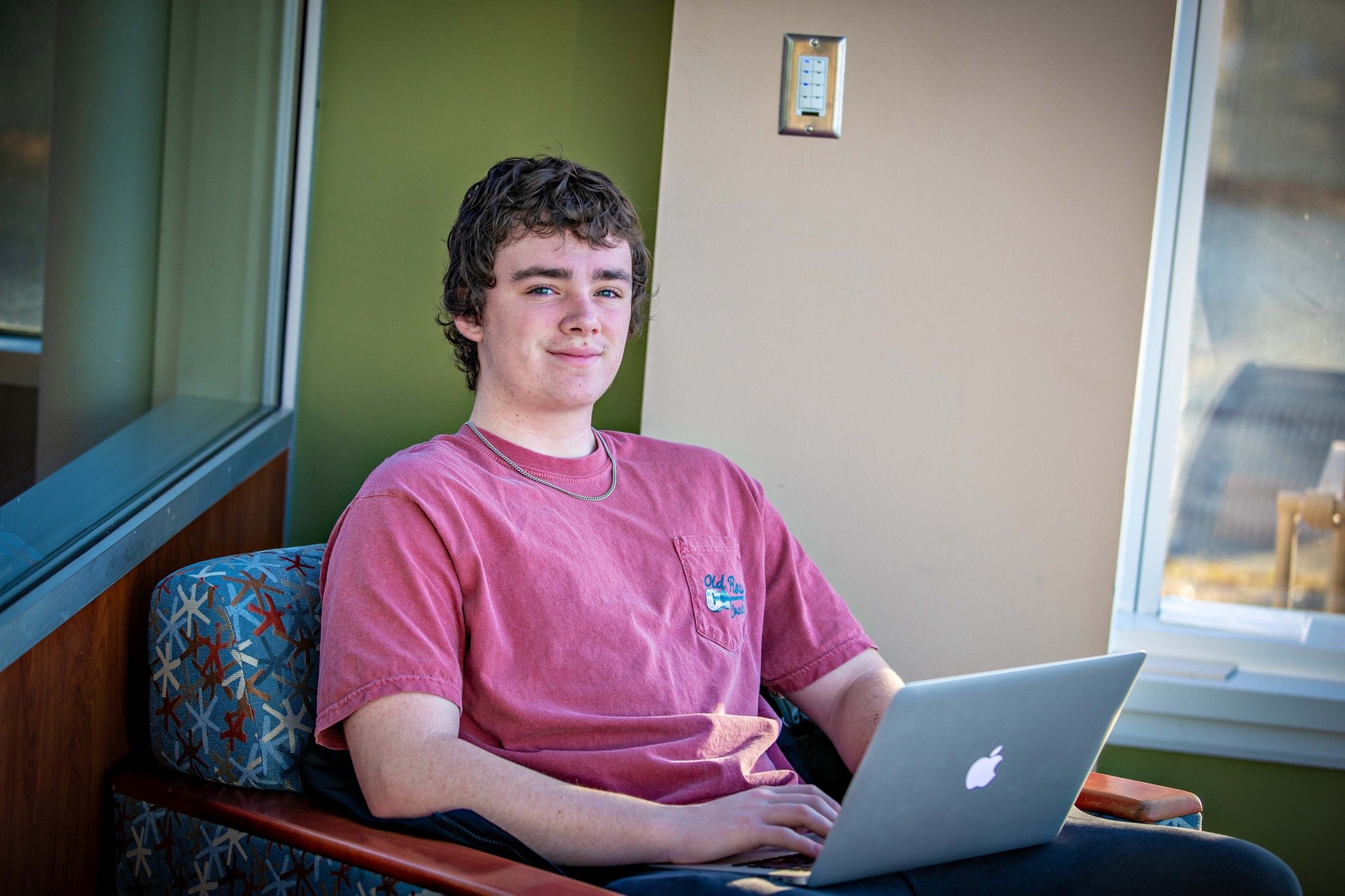Since 2002, the ACC Center for Student Success - the first of its kind in the nation - has led member colleges in sharing best practices and expertise in advising, teaching, and support services to maximize student retention and completion.
The Center is a member of the national Student Success Center Network and works with the state’s two-year colleges, government agencies, and national organizations to provide technical assistance and professional development for improving the academic experience and success of students.
Dedicated to the improvement of student success outcomes in Arkansas, the ACC Center for Student Success works to:
Build the capacity of Arkansas community colleges to implement and scale systemic reforms, programming, and services based on researched best practices to improve student learning and success.
Provide opportunities for learning through research, information sharing, and professional development to support student success strategies.
Inform public policy to enhance student success efforts at the local, state, and national levels.
Current Initiatives
Student Support Services and Special Populations
SNAP Outreach Initiative
Through the ECMC Foundation’s Basic Needs Initiative, ACC and community college partners (Arkansas Northeastern College, North Arkansas College, Phillips Community College of the University of Arkansas, and University of Arkansas Pulaski Technical College) have developed and implemented a replicable model to enroll students in federal Supplemental Nutrition Assistance Program (SNAP) benefits as a means for meeting food insecurity needs. Using on-campus food pantries and other student services, students are informed of and enrolled in SNAP benefits. An extensive third-party evaluation will measure SNAP uptake and the positive impacts on student progression and completion.
A new report highlights the notable academic benefits of the Arkansas SNAP outreach model.
Students accessing the new food pantry model are 6 to 8 percentage points more likely than students not accessing the pantry to be enrolled one semester and one year later, and to earn a credential.
Low-income students, adult students, and students of color are more likely to access campus food pantries, driven by colleges’ targeted outreach efforts to key student groups.
The notable academic benefits are present for Pell recipients, adults, and students of color – with especially high proportional increases in credential attainment for students of color who access campus pantries.
Advancing Educational Attainment for Student Parents
In partnership with Jobs for the Future (JFF), ACC and participating community colleges (Arkansas State University Newport, NorthWest Arkansas Community College, Southeast Arkansas College, University of Arkansas Community College at Batesville, and University of Arkansas Hope-Texarkana) are promoting the 2gen approach to supporting student parents. JFF will leverage its national Student Success Center Network to scale promising practices for increasing the success of student parents. This partnership will raise awareness of challenges faced by student parents, opportunities to leverage the 2gen framework, and best practices to support family well-being and student parent success.
Ready for Pell
In partnership with Ascendium, ACC and participating colleges (Arkansas Northeastern College, Arkansas State University Newport, and Southeast Arkansas College) are preparing to access Pell Grant funds for incarcerated learners in advance of the full restoration of Pell Grant eligibility for people in prison, scheduled to begin during 2023-24 academic year. Ready for Pell will help administrators and financial aid staff enhance program quality and ensure eligible students are able to access and maximize the use of Pell funds as they pursue postsecondary education in prison and beyond.
Holistic Student Supports Services
In partnership with Achieving the Dream, ACC and its member community colleges have implemented holistic students supports services, including redesigning advising and traditional student services, to better assess and address student academic and personal needs. Supporting students holistically involves designing student-centered operations that address the needs of all students to ensure they can thrive. Partners are preparing for statewide scale by training coaches that can support other institutions to undertake similar reforms.
Academic and Technical Education Support
Accelerating Opportunity
Modeled after the I-BEST program pioneered in Washington State, community colleges are partnering with adult education programs to help low-skilled adults advance to better jobs by integrating Adult Basic Education with college level career and technical training, reducing the time to earn valued credentials in a rapidly changing labor market. Community colleges target high-value technical skills training such as welding, HVAC, mechatronics, machining, diesel technology, and medical terminology.
Math Pathways to Completion
Through a partnership with the Charles A. Dana Center at the University of Texas, Arkansas is one of five states participating in the Math Pathways to Completion initiative. Math faculty from all public four and two-year colleges serve on the Arkansas Math Pathways Task Force which issued a report with statewide recommendations for having multiple options for math beyond College Algebra statewide. This work has been rolled into the Strong Start to Finish Arkansas initiative.
Strong Start to Finish Arkansas
Arkansas is one of five states selected to participate in the national Strong Start to Finish initiative. Partnering with the Strong Start to Finish network, the Community College Research Center, and MDRC, states are implementing guided career pathways and co-requisite courses for underprepared students in math and English, among other reforms. Arkansas is pursuing a “gateway completion strategy”, combining three proven student success practices: co-requisite supports for math and English; math pathways; and multiple measures for placement. All public four and two-year colleges are collaborating to scale these practices.






